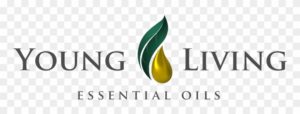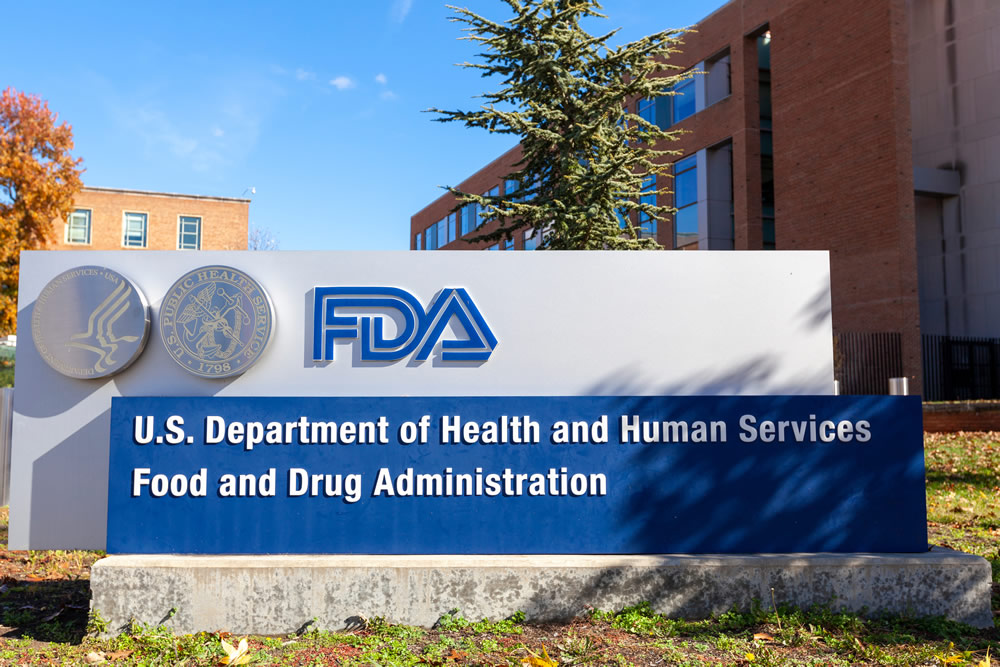Company and distributor claims lead to reclassification of some products as drugs
By: SSN Staff
The intended use of a product may be determined by, among other things, its labeling, advertising, and the circumstances surrounding its distribution. — FDA
 On June 10, the U.S. Food and Drug Administration (FDA) sent Young Living a warning letter to advise the direct selling company of essential oils that several product claims and descriptions found on the company’s websites as well as on the social media accounts of distributors were in violation of the Federal Food, Drug, and Cosmetic Act (FD&C Act).
On June 10, the U.S. Food and Drug Administration (FDA) sent Young Living a warning letter to advise the direct selling company of essential oils that several product claims and descriptions found on the company’s websites as well as on the social media accounts of distributors were in violation of the Federal Food, Drug, and Cosmetic Act (FD&C Act).
Drug Classification and Intended Use
The letter, addressed to Young Living Co-Founder and CEO Mary B. Young, stated that the company’s “Essential Oil,” “Vitality,” “Ningxia,” and “Nature’s Ultra CBD” products are drugs, under section 201(g)(1)(B) of the FD&C Act because of the way they were marketed by Young Living and several of its distributors.
This content is restricted to site members. If you are an existing user, please log in. New users may register below.


